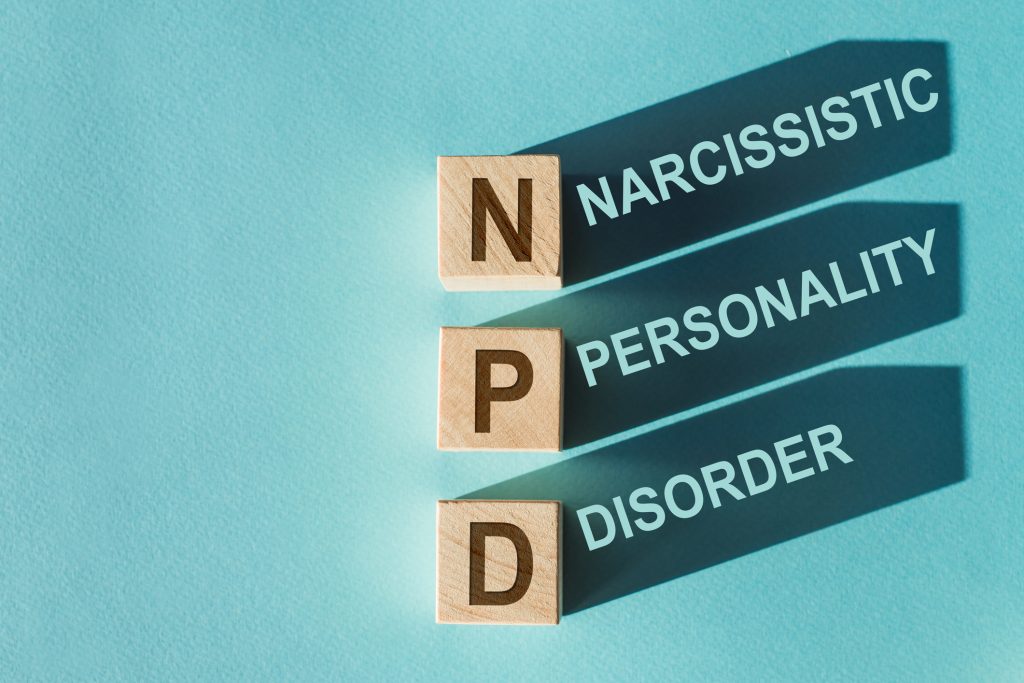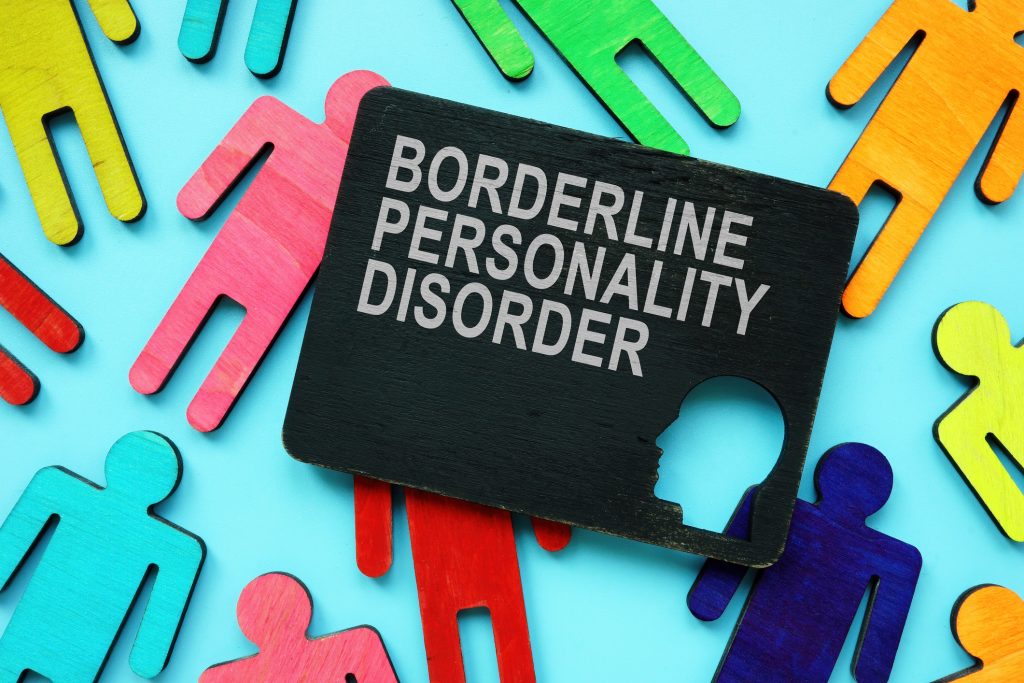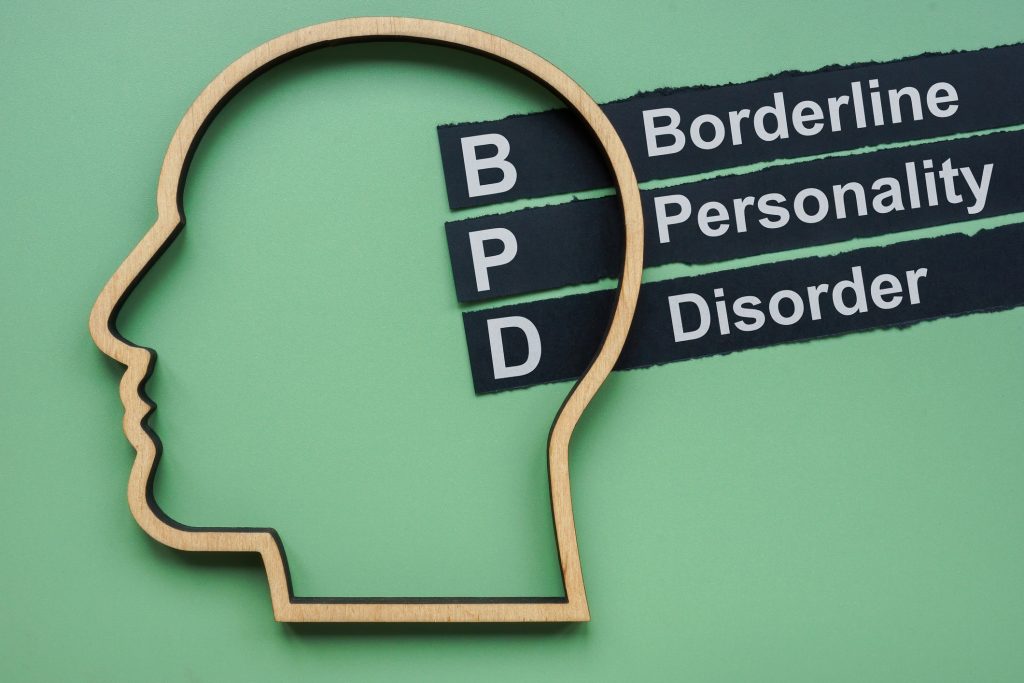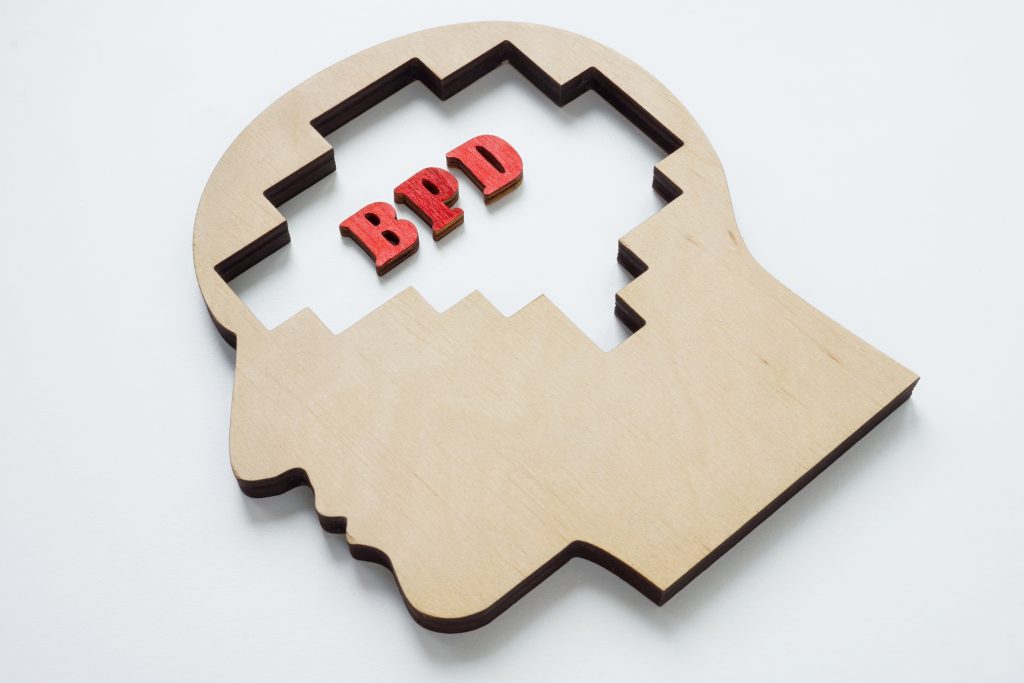
E.C.A.R.E.: Standing by Not Taking Over, How to Support a Friend Who’s Emotionally Enmeshed
by Auria Malaya
Getting help can be incredibly hard for someone who feels entangled in a relationship. They may not even recognize how deeply it’s affecting them. Still, your support, when offered with care, can make a difference. Here are some things that you can do to help your friend get untangled.
E.
First, you need to identify what Enmeshment is. It is the over-involvement and over-reliance of someone. This often comes at the cost of one’s independence, and they may struggle to make decisions on their own without considering the other person. They might feel that they are walking on thin ice.
C.
Check your intentions. Before helping someone, you must be aware of your goal. Are you trying to help? You must be able to respect their pace and maintain their autonomy. You are here to be their safe space, not to control them.
A.
Ask, don’t advise. Let them feel comfortable with you by asking curious, yet non-judgmental, questions. These can spark reflection. Ask them questions such as: “How do you feel after spending time with them?” Do you ever feel like you can’t say no?”
R.
Respect boundaries. Enmeshment comes from boundaries that are overstepped. Show them what it looks like to say no and prioritize your own feelings. Don’t forget to respect your limits, too. Always remember that supporting doesn’t mean sacrificing your own well-being.
E.
Ease back when needed. Don’t push them to change immediately. Healing takes time; it is essential to allow them to work at their own pace. Determine whether they are ready to talk or take action; if not, then step back with compassion. Respect their process to protect yourself, too.
Meaningful support does not mean that you have to solve their problems; it means that you are there. You are showing up with empathy, trust, and patience. You trust that they have the courage and ability to grow and move forward. The E.C.A.R.E. approach reminds us to encourage gently, check our intentions, ask instead of giving advice, respect boundaries, and ease back when needed. These can help ensure that we create a safe space for our friend, rather than reacting.
You’re not only offering kindness but also showing what a healthy and respectful relationship looks like. Sometimes, the best thing to do is to show up and be there for your friend. Because with E.C.A.R.E., we listen, respect, and support in a gentle manner.
























